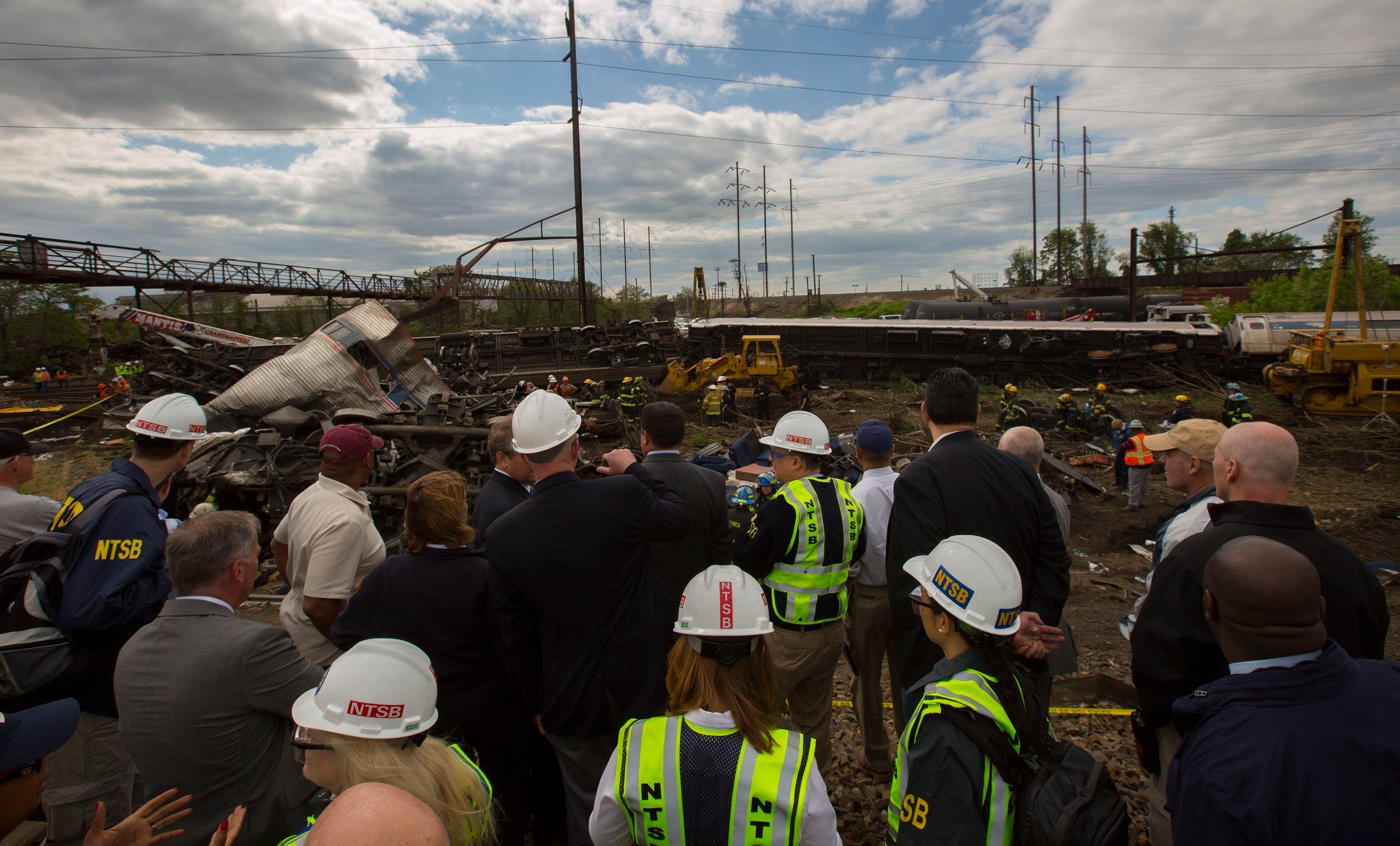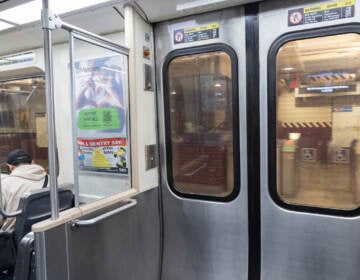May 10: No criminal charge for Amtrak engineer | LIHTC costing more per unit | Camden incentives

The Philadelphia District Attorney’s Office announced on Tuesday that the engineer in control of Amtrak 188 when it derailed and killed eight people in 2015 will not be criminally charged, NewsWorks’ Dana DiFilippo reports. While the DA’s office blames engineer Brandon Bostian for causing the crash, the deadliest wreck on the Northeast Corridor in nearly 30 years, the prosecutors found “no evidence that the engineer acted with criminal ‘intent’ or criminal ‘knowledge,’…nor…sufficient evidence to prove, beyond a reasonable doubt, criminal recklessness.” The derailment led to more than 125 lawsuits, including Bostian filing suit against his former employer for negligence.
Pittsburgh Mayor Bill Peduto wants the National Summit on Design and Urban Mobility to recommend guidelines for good corporate citizenship and “to develop an overall framework to help cities adapt as self-driving vehicles move into urban areas,” the Post-Gazette reports. The mayor hopes that the urban planners and designers attending the summit will create a road map for urban design and public policy that all cities can use, “including retraining workers displaced by the move to self-driving vehicles and making sure the full community has access to the service.”
New Jersey’s Economic Development Authority is considering awarding almost $35 million in tax incentives to locate two businesses to Camden, the Inquirer’s David O’Reilly reports. Both businesses, a hydroponic farm and online mortgage broker, will build new facilities and the mortgage broker cited, in addition to the tax incentives, convenience with PATCO trains, NJ Transit, and routes 30 and 676, as key decision factors in choosing Camden over the Philadelphia Navy Yard. The tax credits, O’Reilly writes, are “contingent on the companies’ making capital investments, and on the retention and creation of a certain number of jobs.” NewsWorks’s Katie Colaneri reported last month that Governor Wolf proposed clawing back some of the state taxpayer dollars from companies that received Pennsylvania tax incentives “but did not keep their job creation promises.”
In a joint investigation, NPR and PBS’s Frontline has found that with little public accounting and oversight, the Low-Income Housing Tax Credit program (LIHTC) “has produced fewer units than it did 20 years ago, even though it’s costing taxpayers 66 percent more in tax credits.” NPR’s Laura Sullivan and Meg Anderson look into how the LIHTC program works, why the program is often described as a win-win for public-private partnerships, and explore why LIHTC costs higher if fewer units are being produced.
At last weekend’s Broad Street Run, the City’s Zero Waste and Litter Cabinet wasted no time diverting waste and pursuing the cabinet’s goal “to lessen the city’s impact and incorporate zero waste principles. Green Philly Blog reports in addition to carrying over the popular Waste Watchers program, following the run, the city and its partner organizations recovered 1363 pounds of food to send to a local food pantry, composted 3 trash trucks full of water cups, and recovered all the shredded sweatshirts and outer layers to send to a local thrift store.
WHYY is your source for fact-based, in-depth journalism and information. As a nonprofit organization, we rely on financial support from readers like you. Please give today.







